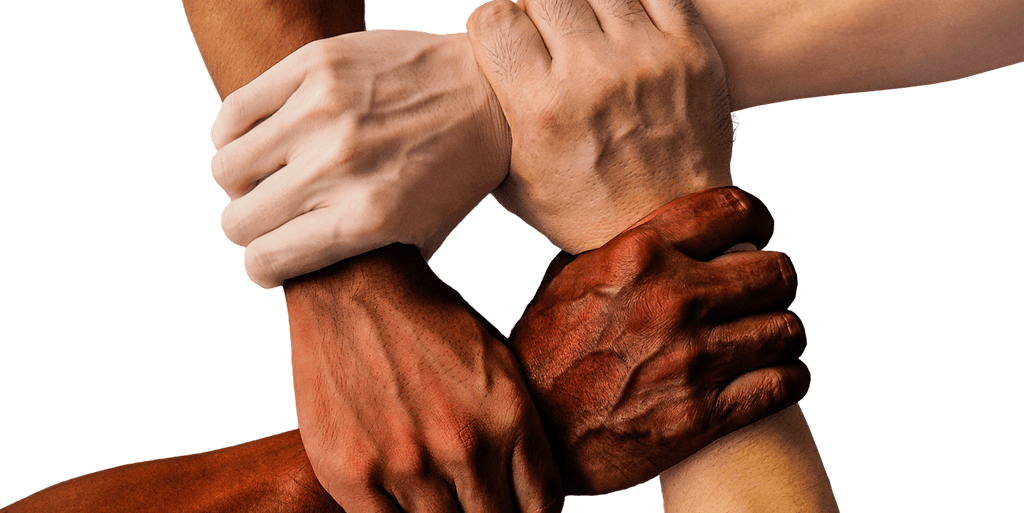The Resilience in Survivors of Katrina Study (RISK) study has followed a cohort of low-income parents from a year before (baseline) exposure to Hurricane Katrina, and then 1, 4 and 12 years post disaster in order to learn more about the short- and long-term impacts. The findings of this study published in PLOS ONE contribute to the body of research on exposure to disasters by confirming that people who were…
Lessons from Hurricane Katrina on less obvious possible health impacts of COVID-19
Data from a longitudinal study of survivors of Hurricane Katrina could be helpful in predicting the more indirect health stressors of a pandemic. Ethan Raker, a Harvard Pop Center graduate student affiliate, Meghan Zacher, and Sarah Lowe, have published a study in PNAS that draws from their work on the RISK project. Their findings suggest that lapses in medical care and medication use, fear surrounding the well-being of loved ones,…
Study of Hurricane Katrina survivors offers unique insights into impact of neighborhood gentrification on health
Researchers affiliated with the Resilience in Survivors of Hurricane Katrina (RISK) project have published a paper that takes a look at the health impacts of being displaced into a gentrified neighborhood. The researchers did not find evidence of significant effects on BMI, self-rated health, or psychological distress. Photo: Ted Eytan on Flickr
Can natural disasters facilitate growth for their survivors?
Findings of a study involving Hurricane Katrina survivors suggest that post-traumatic growth (PTG) was evident in five different key areas for most of the low-income survivors that participated in the study. Mary Waters, PhD, and other RISK project researchers found that factors such as racially diverse communities, improved neighborhoods, and new educational and economic opportunities were credited with facilitating this growth.
What makes some natural disaster survivors more resilient than others?
Mary Waters‘ research (RISK project) on the long-term consequences of a disaster on the lives of survivors is featured in this piece in Science Magazine.


